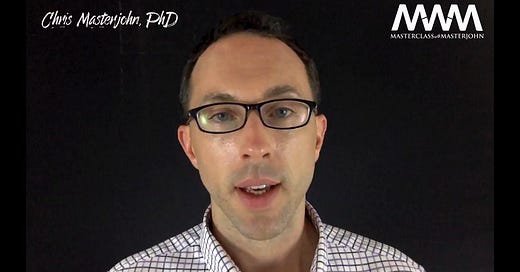If you’re having issues with playing the video above, play this instead:
Insulin prevents fat-burning in part by locking fat in adipose tissue and in part by shutting down transport of fatty acids into the mitochondrion inside cells.
By downregulating lipoprotein lipase (LPL) at heart and skeletal muscle and upregulating it at adipose tissue, insulin shifts dietary fat away from heart and muscle and toward adipose tissue. By downregulating hormone-sensitive lipase in adipose tissue, it prevents the release of free fatty acids from adipose tissue into the blood.
At the cellular level, insulin leads to the phosphorylation and deactivation of AMPK. Since AMPK inhibits acetyl CoA carboxylase, insulin-mediated deactivation of AMPK leads to activation of acetyl CoA carboxylase and the conversion of acetyl CoA to malonyl CoA. Malonyl CoA inhibits carnitine palmitoyl transferase-1 (CPT-1) and thus blocks the transport of fatty acids into the mitochondrion.
Nevertheless, all of these steps are also regulated at the most fundamental level by energy status, as covered in lesson 22. Further, insulin stimulates the burning of carbohydrate for energy, as covered in lesson 24. So, is insulin’s blockade of fat-burning sufficient to cause net fat storage, or does this critically depend on energy balance? This question will be answered in the next lesson.
The audio and video of the first three lessons of this course are available to everyone for preview, but lessons 4-39 are for Masterpass members only. Start a preview from the beginning here. To learn more about the Masterpass, click here.




